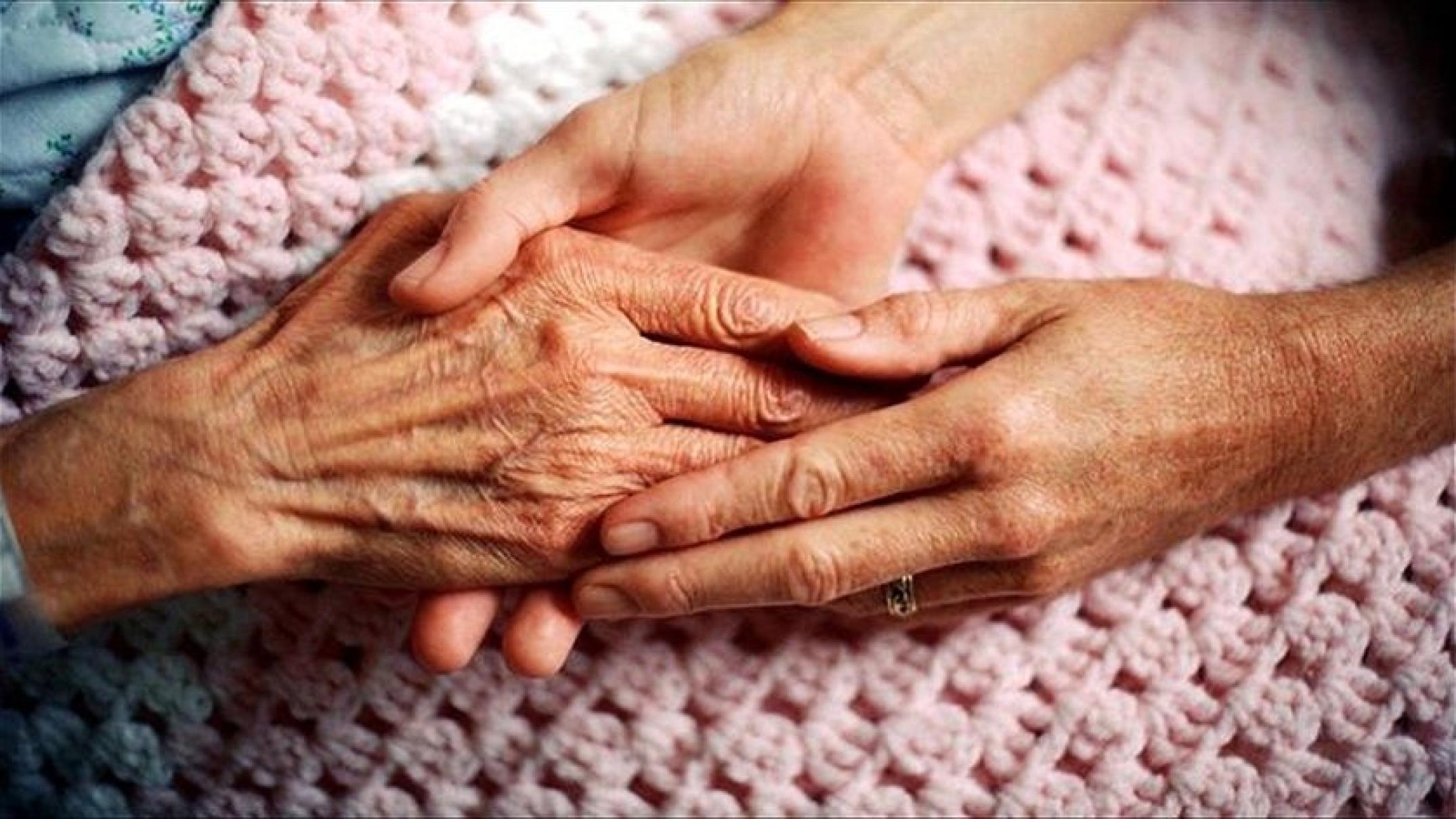Proposed legislation which would legalise voluntary assisted dying in South Australia has been welcomed by advocates of reform, but there is concern regional people could be locked out of the process.
Key points:
- Proposed laws to legalise and regulate voluntary assisted dying are making their way through the SA parliament
- Supporters have welcomed the push for reform, but some are worried regional people could be locked out of the process
- The opposition legal affairs spokesperson says strict requirements are needed to protect from abuse of the scheme
Labor legal affairs spokesperson Kyam Maher and deputy opposition leader Susan Close introduced the Voluntary Assisted Dying Bill to State Parliament’s Lower House last year.
It is set to be debated in the coming weeks.
The bill provides a framework for terminally ill people to legally access the voluntary assisted dying process and includes more than 60 requirements which must be approved by two separate doctors within a prescribed time frame.
The proposed legislation is based on similar laws in Victoria which have been active for about 18 months.
‘He just faded away’
Riverland woman Jan Kemble is an advocate for voluntary assisted dying and speaks at events across regional SA in support of the proposed legislation.
She has been a supporter of reform since she watched her cousin battle terminal pancreatic cancer which spread throughout his body and prevented him from eating or drinking.
“So, in the end he just died over the period of about a month, without any food, water and only medication,” Ms Kemble said.
“He voiced his opinion when he was quite lucid.
“More than once he rang his wife and begged her to do something with him to end his life — and of course she couldn’t.”
Reforms could limit regional access
Despite her support for voluntary assisted dying reform, Ms Kemble is worried the proposed laws could make the process difficult for regional residents to access.
She said the extensive criteria that a terminally ill person must meet to access the framework would be difficult in locations where access to doctors was limited.
“But I don’t think it will change at this stage because that’s what’s going to be in this bill.
“That’s what’s going to be voted on and will become law, so that won’t change.”
Safeguards needed to protect bill from ‘abuse’
Currently, Victoria is the only Australian state which allows voluntary assisted dying, while legislation allowing the process in Western Australia will come into effect on July 1.
Mr Maher said his bill needed to include a range of strict requirements to access voluntary assisted dying, to avoid any real, or perceived, abuses of the system.
He added a consequence of this was the possible scenario that regional people with limited access to doctors would die of their disease before they could be approved for the procedure.
“Because it is very protected and there are safeguards in place,” he said.
“It has happened in the reports on the operation of the Victorian scheme.
“For both [people] in regional and metro areas [looking] to use the scheme … people pass away by the time it’s completed … because you have to go through those safeguards.




